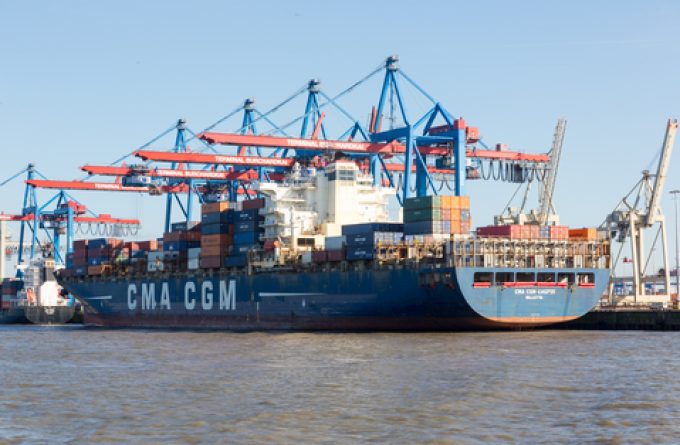Hutchison megadeal reveals dark side of container shipping
What money cannot buy

Despite several mainline trades continuing to be marred by issues of port congestion and equipment availability, as well as ongoing diversions from the Red Sea, the latest data from analyst Sea-Intelligence showed a picture of improving schedule reliability in May.
According to the analyst’s monthly Global Liner Performance, industry-wide schedule reliability across all trades improved by 3.8 percentage points, compared with April, to reach 55.8%, which is the highest schedule reliability figure for the year so far – 1.2 percentage points ...
Semiconductors could compensate for air freight's lost ecommerce traffic
'It’s healthy competition' Maersk tells forwarders bidding for same business
Transpacific sees first major MSC blanks as rates fall and volumes falter
'Weakened' Maersk paying a heavy price for its lack of fleet growth
US shippers slam USTR port fee plan – 'an apocalypse for trade'
Opposition builds for final hearing on US plan to tax Chinese box ship calls
Despite sourcing shifts, 'don't write-off China', says CMA CGM CCO
Calling all shippers!
Please give us a minute of your time to answer the following questions:

Comment on this article